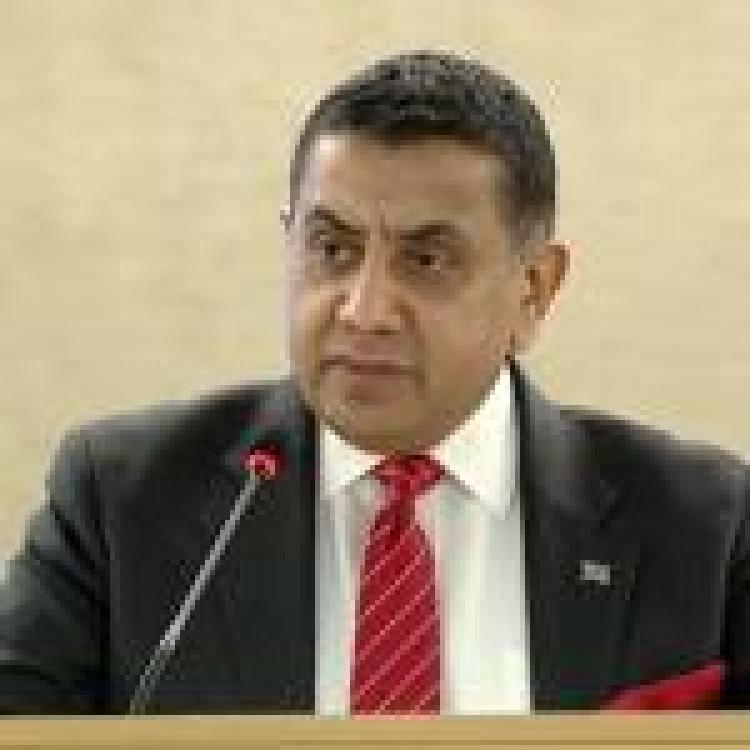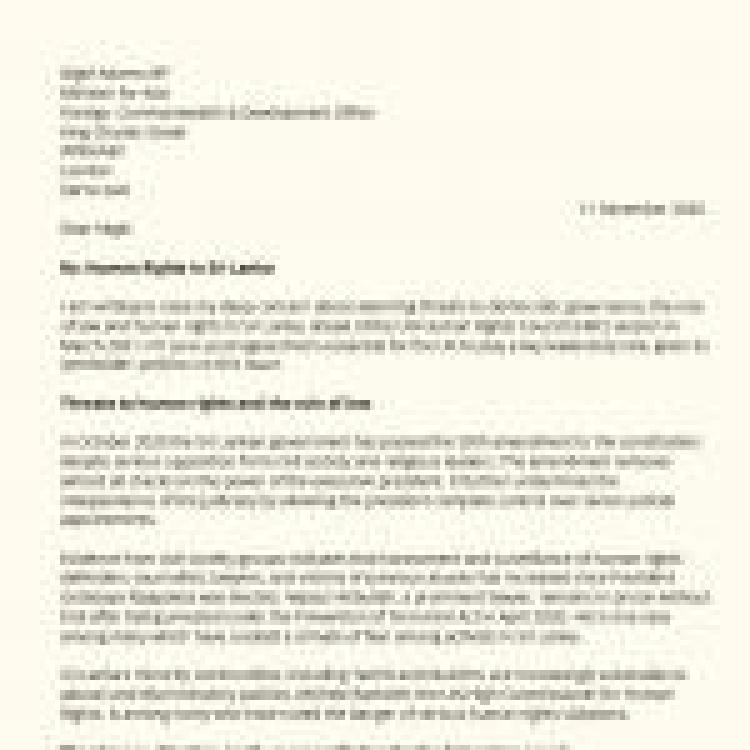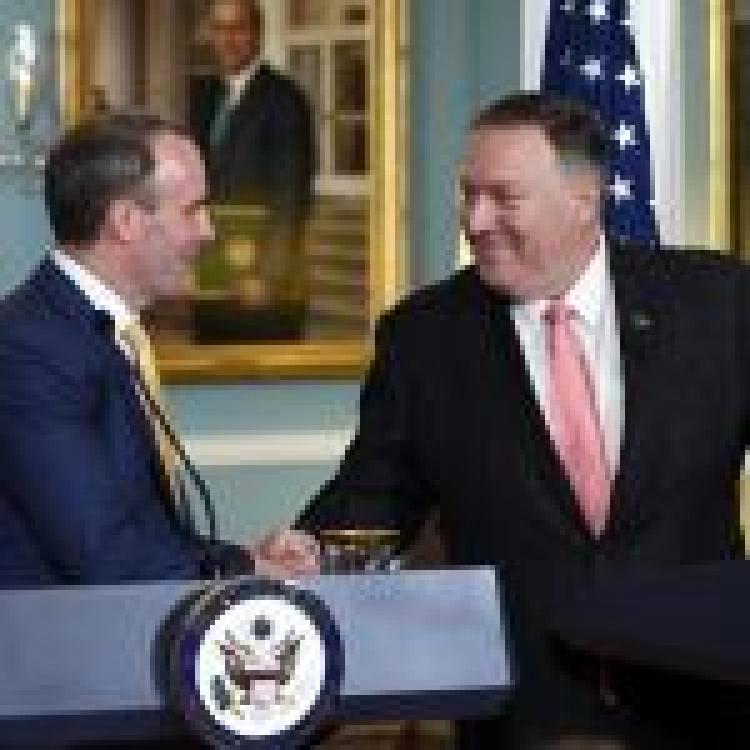![]()
Responding to an inquiry into the economy and political situation, by Baroness Kennedy of Cradley, Lord Ahmad, Britain’s Minister of State for the Foreign and Commonwealth, the United Nations and South Asia, maintained that the “human rights situation remains concerning”.
The issues highlighted by Lord Ahmad includes the “harassment of civil society, continued militarisation of civilian functions, and increased anti-Muslim sentiment”.
In response to the passage of Sri Lanka’s parliamentary budget for 2021, on 10 December, Lord Ahmad stressed the need for “an inclusive economic response, including for marginalised groups and those most affected by the impact of the pandemic”.
Villages across the North-East, particularly those in Mullaitivu and Vavuniya, have been struggling due to both poor housing and the coronavirus pandemic. In April, it was reported that villagers in Vavuniya were on the “verge of dying from starvation”.
Whilst the government has pledged to provide 5,000.00 Rs per family, this aid has been slow to reach the North-East. In April, the Office of Missing Persons (OMP) further called upon the government to ensure that Families of the Disappeared has access to this relief. In many cases, their report notes, the primary breadwinner of the family had disappeared.
LGBT communities have suffered as the relief bars said individuals from accessing aid designated for family units.
The full remarks from Lord Ahmad are reproduced below:
The UK Government monitors economic and political developments in Sri Lanka very closely, including through the British High Commission in Colombo. Like all countries, Sri Lanka has been affected by the economic impacts of the coronavirus pandemic, and the government of Sri Lanka has introduced measures to respond to this. On 10 December, the Sri Lankan parliament passed the government's budget for 2021. The UK Government has underlined the importance of an inclusive economic response, including for marginalised groups and those most affected by the impacts of the pandemic.
Sri Lanka held parliamentary elections in August. In November, the government passed a constitutional amendment which consolidated executive power over appointments to the judiciary and independent institutions. The human rights situation remains concerning, including harassment of civil society, continued militarisation of civilian functions, and increased anti-Muslim sentiment. The UK Government regularly engages with the Government of Sri Lanka up to ministerial level on a broad range of issues, including our human rights concerns.
Read his full statement here.




